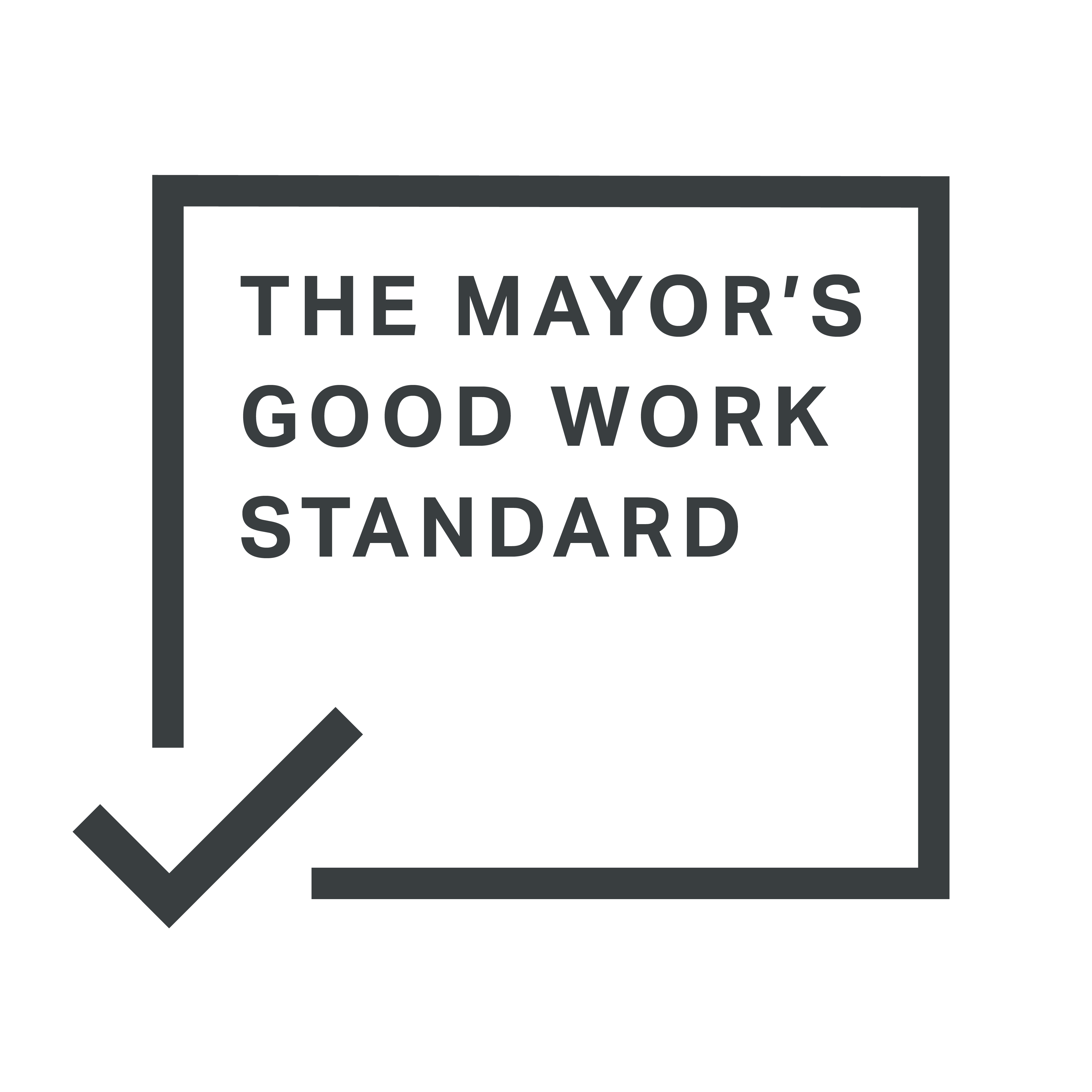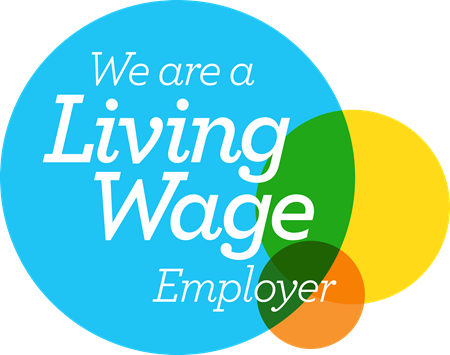03 August 2021
Yesterday we heard that tests at four National Rail stations managed by Network Rail found no traces of Covid-19 in swabs and air samples following a study carried out by Imperial College. But while this is good news which could reassure some passengers it is deeply worrying that other information that would help them make an informed decision about using public transport is still being held back by the Rail Safety and Standards Board (RSSB), the industry body which describes its role as ‘helping [its] members to ‘continually improve health, safety and wellbeing performance’.
Why does this matter? Well, since the final Covid-restrictions were lifted on 19 July, the Government has emphasised the importance of letting people exercise personal responsibility as they go about their daily lives. But to be able to do this, passengers must have all the information they need to make an informed decision about when and whether they travel.
When pressured by London TravelWatch and the media to release an up-to-date figure showing the risk of catching Covid on the train, the RSSB has chosen not to update the figure they published a year ago which estimated that there was a 1 in 11,000 chance of catching Covid whilst travelling by rail. Instead they have suggested that their information from the modelling work is too complicated for the public to understand and could be misinterpreted and refused to publish any supporting evidence to support their claim in media reports that the risk of travelling by train is ‘tolerably low’.
This idea just doesn’t wash. Throughout the pandemic we have become used to seeing Government slides presented at press conferences with figures on Covid-related deaths and hospitalisations; commentary on the latest ‘R’ number as well as the estimated number of people in every 1,000 currently suffering from Covid. Why should information about public transport be treated any differently? Perhaps the RSSB are worried that their figures won’t stand up to public scrutiny. But if the industry really is concerned that its information is too complicated, London TravelWatch and our sister body, Transport Focus have put on record our willingness to help them present it in a way that allows people to easily understand it
In a recent Guardian article the RSSB stated that the wearing of masks can reduce the risk of transmission of Covid by as much as half and we believe insights from their model can also raise public understanding of the role face coverings can play in reducing the risk. This could help to encourage the continued wearing of face coverings and ultimately make it safer to travel. Concerns about safety are not going to just disappear overnight so a mixture of good quality information about the risk of catching Covid and ways we can protect against it, with consistent messaging about face coverings and ventilation will be essential as people continue to return to the office in the autumn and look for that bit of extra reassurance that everything is being done to make their journey safe.
The picture painted by yesterday’s Imperial College research may be of a transport network where everything is fine and dandy but there are clear limitations; it only covered four stations; it didn’t look at trains themselves and it mustn’t overshadow the fact that many people are still very nervous about travelling. In last week’s omnibus results published by Transport Focus a third of people said they will never again feel completely comfortable on public transport and a quarter of people described train travel as ‘unsafe’. 54% of people said they will only use public transport if passengers are required to wear face coverings. This shows how much hard work will be needed to convince everyone that it’s safe to return to public transport. The time has come for the rail industry through RSSB to play their part.











